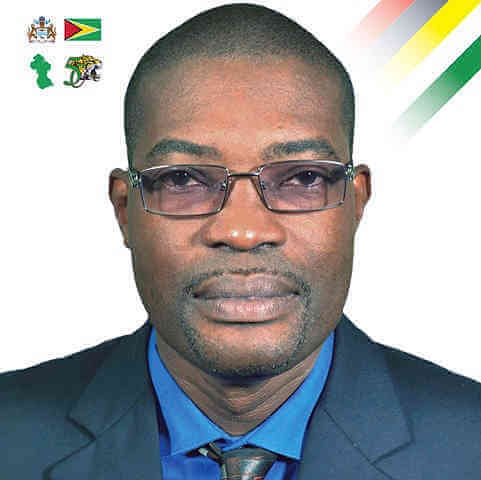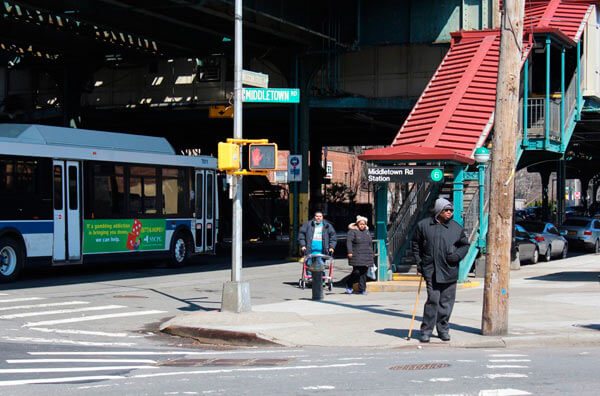As authorities in Trinidad proceed with plans to close the most important oil refinery in CARICOM, neighboring countries which had for decades bought refined oil and petroleum products from the island, are now scrambling to determine who will supply them with petroleum going forward.
In the past week, Guyanese authorities were among the latest to publicly indicate that they are wrapping up negotiations with new suppliers in earnest even as regional neighbors like Grenada and others in the Eastern Caribbean scramble to do likewise.
Some in the Eastern Caribbean had been obtaining supplies under the 2005 PetroCaribe Initiative concession fuel program through which they had obtained supplies from Venezuela but declining oil production, stifling economic pressure and other hardships have place a cloud over the future of the initiative and now Petrotrin’s impending closure has only sought to add further gloom to the situation.
The South Trinidad refinery, built decades ago to process up to 140,000 barrels of oil daily, has been badly underperforming as oil production in homebase Trinidad has declined spectacularly in recent years, down to a mere 40,000 barrels per day.
The result is that authorities had to import fuel to keep the refinery useful and in so doing, expend millions in foreign exchange.
Authorities say the refinery will be closed in phases beginning this month and emphasis will be place more on exploration to find new wells to step up production in Trinidad.
In the meantime, Guyana’s Ministero of Energy Minister David Patterson said in the past week that Trinidad has committed to supplying oil to Guyana until the end of October, giving government some time to find a new supplier. Guyana’s needs amount to about 12,000 barrels daily.
For about a decade, Guyana had been buying about half of its supplies from Venezuela under PetroCaribe but this ceased amid swirling controversy in 2015 as Exxon and Guyana announced a massive offshore oil find and as Venezuela redrew boundaries to encompass almost the entire new oil bloc. Guyana then fully embraced supplies from Trinidad and, like its neighbors, ironically now has to find yet a new supplier.
Patterson told Demerara Waves Online media that authorities are eying supplies from PetroJam in Jamaica for “diesel, kerosene, aviation fuel, cooking gas and gasoline” as going outside of CARICOM would only add to importation costs.
In Grenada, meanwhile, authorities there are saying that a new supplier would have to be contracted from the beginning of October for all the basic types of fuels and petroleum products the island needs.
Gregory Bowen, leader of government business in the Lower House said plans to close Petrotrin have put CARICOM member states in a tailspin to source new suppliers.
But he did point out that governments are moving to remove import taxes on fuel from outside of the 15-nation grouping to reduce acquisition costs.
The issue was raised and discussed in full at a recent meeting of a prime ministerial sub committee meeting with newly minted Barbadian Prime Minister Mia Mottley. Officials say Trinidad has not objected to the removal of import taxes on fuel outside the bloc as it is fully aware that its neighbors have to buy from others.
Bowen told lawmakers that the closure is a major blow to the region as Petrotrin had alone had accounted for up to 70 percent of regional needs. The answer to Caricom’s regional woes, he said, is to buy from a single supplier as “Caricom has decided to go into this together. We will be buying in bulk.”
He identified limited storage capacities in many member states as another bugbear, noting that the Eastern Caribbean facility in Antigua can only deal with six months of supplies.
Neighboring Barbados is remaining mum on which company will replace Petrotrin, saying only that one has already been found.
“As it stands now, BNOC has sufficient supplies of gasoline and stocks of gasoline that will last us well into November, so we are not in any danger of running out of gasoline. We will have settled on, and signed a supply contract with a supplier well before that time. So Barbadians need not fear, it is completely under control. BNOC has sufficient supplies. We are expected to get the last supply from Petrotrin this month as well, which would boost our supplies and take us well into November, by which time we would have a contract with a new supplier and normal service will resume,” Energy Minister Wilfred Abrahams told the Today Online service.





















